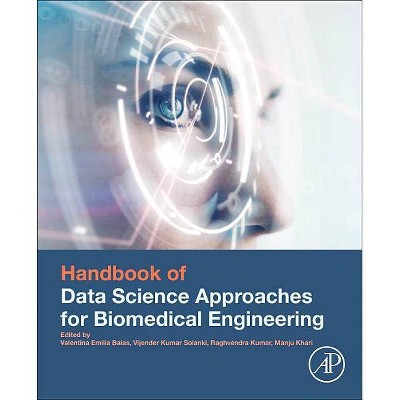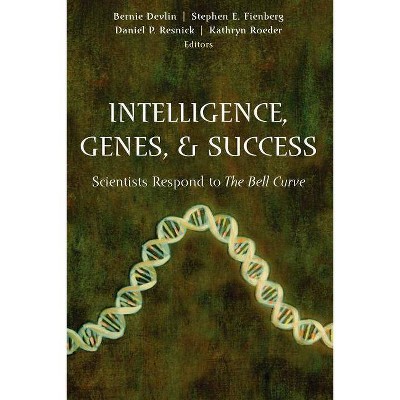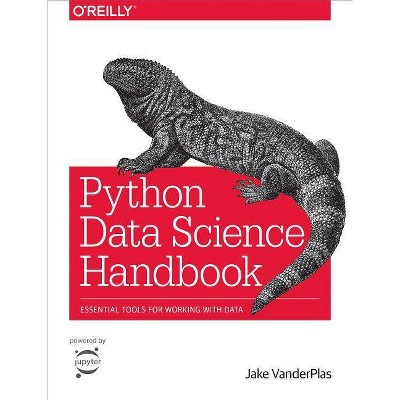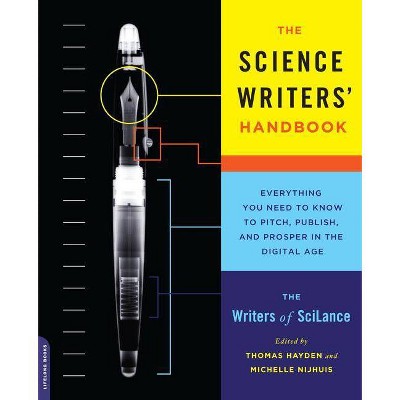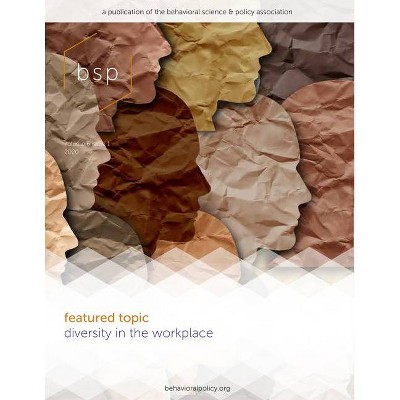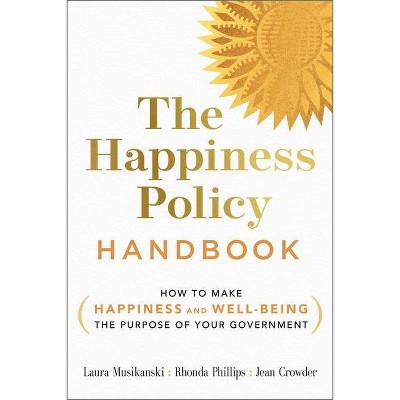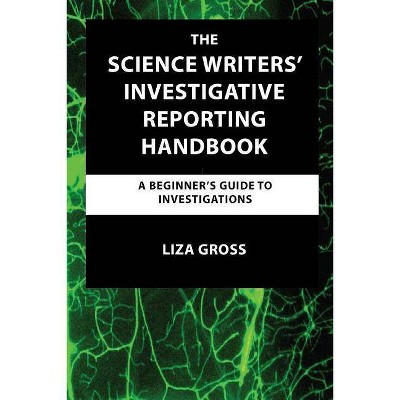Science for Policy Handbook - by Vladimir Sucha & Marta Sienkiewicz (Paperback)
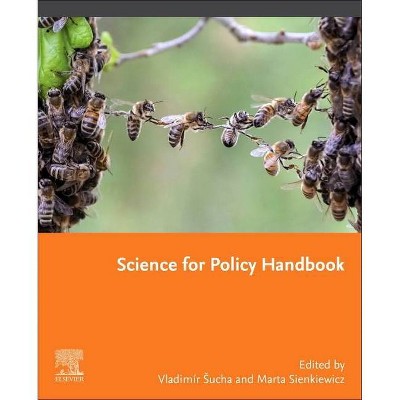
Similar Products
Products of same category from the store
AllProduct info
<p/><br></br><p><b> Book Synopsis </b></p></br></br><p><i>Science for Policy Handbook</i> provides advice on how to bring science to the attention of policymakers. This resource is dedicated to researchers and research organizations aiming to achieve policy impacts. The book includes lessons learned along the way, advice on new skills, practices for individual researchers, elements necessary for institutional change, and knowledge areas and processes in which to invest. It puts co-creation at the centre of Science for Policy 2.0, a more integrated model of knowledge-policy relationship.</p><p/><br></br><p><b> Review Quotes </b></p></br></br><br><p>Overall, this is a specialised work which complements the work of authors such as Prof Patrick Dunleavy3 whose focus has been directly on how academics can increase their impact, built on decades of research. --<b>Journal of the Australian Library and Information Association</b></p> <p>Nineteen papers explore the transformation of science for policy practices, highlighting the work of the European Commission's Joint Research Centre (JRC) and its suggested best practices and ideas for delivering progress for our societies, economies, and planet. <b>--Journal of Economic Literature</b></p> <p>No comparable policy books exist. This book is unique in its approach to science and integration into the policy development process. It is timely when global discussions are occurring regarding the use of science to control, treat, and prevent COVID-19. <b>--Doody</b></p><br>
Price History
Price Archive shows prices from various stores, lets you see history and find the cheapest. There is no actual sale on the website. For all support, inquiry and suggestion messagescommunication@pricearchive.us
